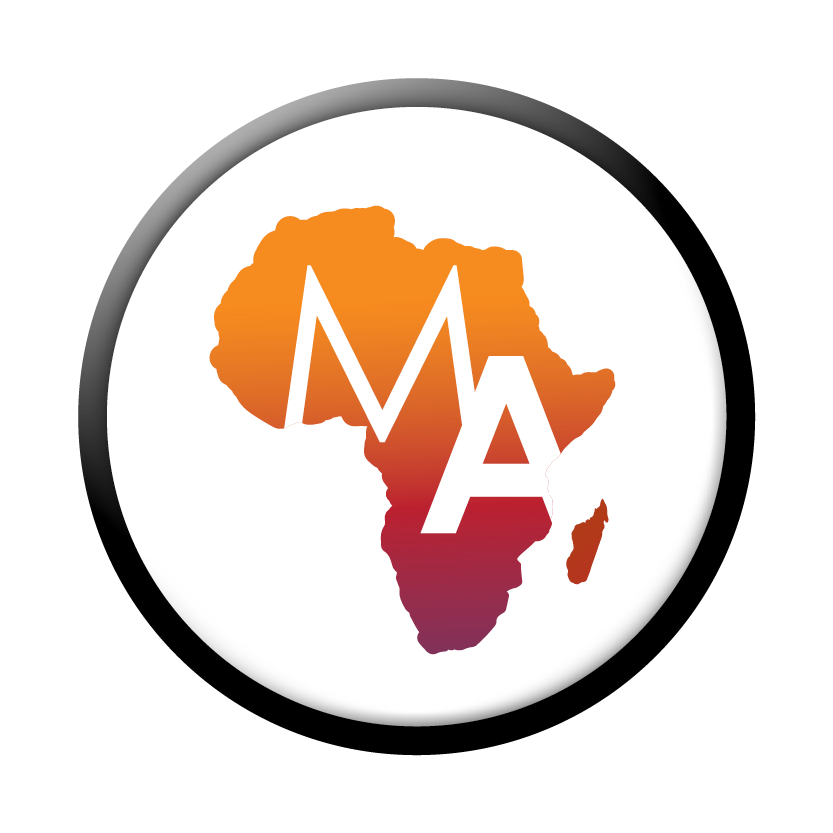Original Story Published by: Mugume Davis for Music In Africa
Photography by: Emmanuel Malish
(Above) Women performing a South Sudanese traditional dance.
South Sudan gained independence from Sudan in 2011, making it the world’s newest nation. Before then, there had been decades of conflict between Sudan's predominantly Arabic population in the north, which practices Islam, and the black population in the south, which practices Christianity and various African religions.
South Sudan has a rich tradition of folk music that reflects the diverse cultures of the region. For example, folk music of the Dinka people includes poetry, while the Azande are known, apart from the many other traditions and beliefs, for storytelling that often features a figure of a good wizard.
South Sudanese music draws on sub-Saharan rhythms – often six-beat, three-against-two patterns – and modal or pentatonic melodies, along with the gleaming lines of Congolese-style electric guitars. Vocal styles arrived from two directions, namely Arabic-style glides and quavers, echoed by the strings, or African leaps and exhortations.
Countries neighboring South Sudan heavily influenced the country's culture. This is due to years of civil war that led to the flight of many South Sudanese to Ethiopia, Kenya and Uganda, where they interacted with the locals and learnt their languages and culture. However, those who remained in the country, or went north to Sudan and Egypt, assimilated the Arabic culture.
The influence of Islam on music in South Sudan
In the early 1990s, the Sudanese government destroyed recordings of important cultural artefacts to create space for propaganda. This included the destruction of unique tapes by Southern Sudanese artists such as Yousif Fataki. During this period only Islamic songs were played legally, which resulted in the exclusion of secular and gospel music.
Many secular South Sudanese musicians such as hip hop artist Mangar Azuma, who is popularly known as Lawless YB, used to attend church and listen to Christian songs. Azuma also used to read literature about Islamic faith. Artists like Azuma were therefore influenced simultaneously by Islam and Christianity. Azuma also claims to be inspired by American rappers Ice Cube and Tupac Shakur who professed the Muslim faith.
Gospel music in South Sudan
The development of gospel music in South Sudan is not really clear. However, it can be said with certainty that Christianity was introduced to South Sudan (then Sudan) around the 2nd century BC when Coptic Christianity reached ancient Nubia. Southern Sudan (now South Sudan) remained long dominated by traditional religions of the Nilotic peoples and was largely converted into Anglicanism (Episcopal Church of Sudan) during the 19th and 20th centuries.
Following the destruction of important cultural artifacts, including gospel music in the early 1990s, Christians compiled the popular text Shukuru Yesu (Thank You Jesus) in the late 1990s. Shukuru Yesu is a hymnbook comprising Juba Arabic and English songs. It is popularly used at student and youth conferences in South Sudan. The 89-page book comprises 181 hymns in Arabic and 141 hymns in English, and includes indexes and copyright information. These hymns have been translated into local languages and are well known by young and old Christians.
To read the full article, visit Music In Africa.









